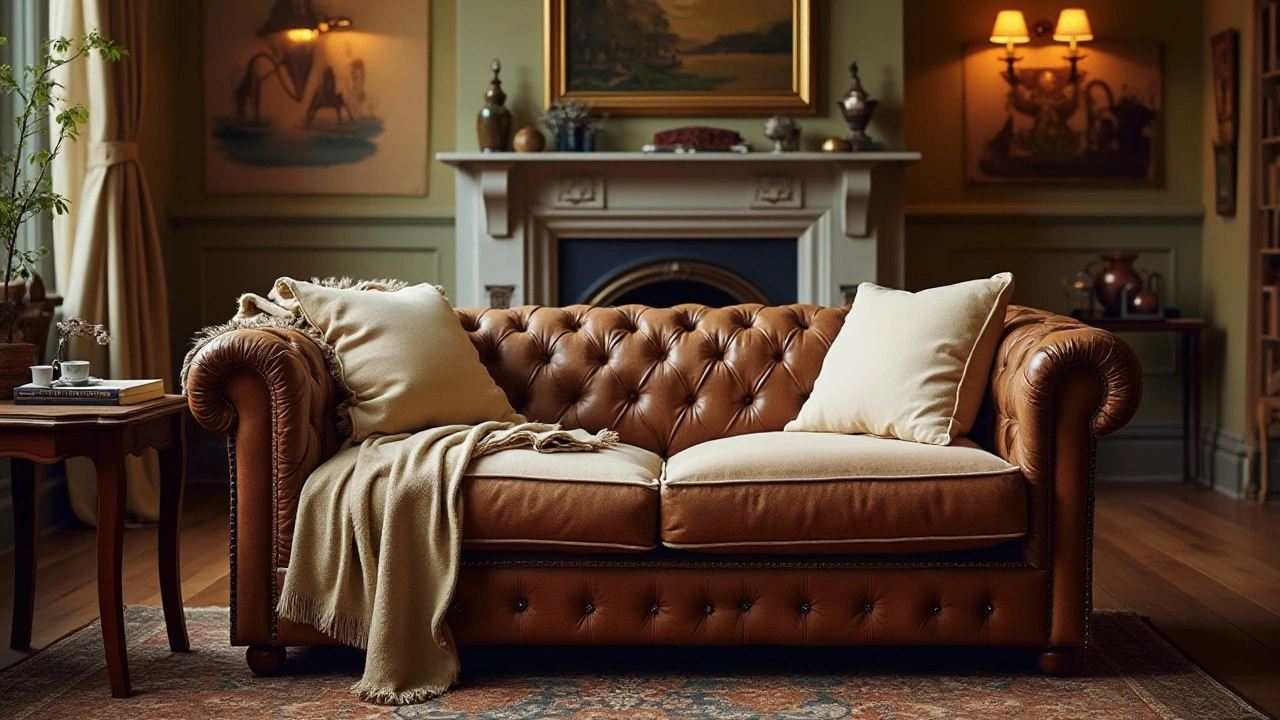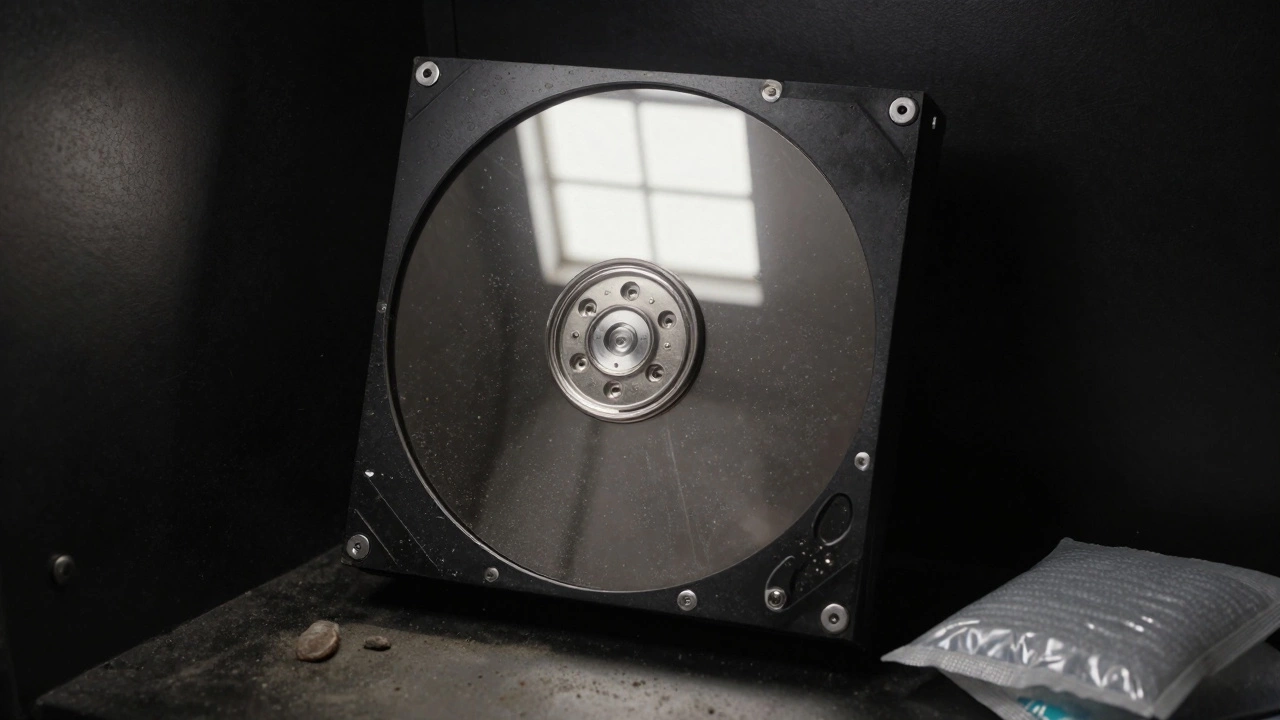Sofa Cushions: Comfort, Style & Care
Ever wonder why the same sofa can feel totally different after you swap the cushions? It’s not magic – it’s the cushions. The right cushion can make a couch feel like a cloud, while the wrong one can leave you sore after a short sit. In this guide we’ll break down how to choose the perfect fill, pick a fabric that fits your life, and keep everything looking fresh.
Choosing the Right Cushion Fill
Fill is the heart of a cushion. The most common options are foam, down/feather, and fiberfill. Foam gives firm support and holds its shape for years, so it’s great for families who want durability. Down feels plush and soft, perfect for a luxe look, but it needs regular fluffing and can flatten quickly if you sit on it a lot.
If you’re on a budget, a high‑density foam core wrapped in a thin layer of fiberfill gives a good balance of support and softness. Some brands even combine foam and down in a dual‑layer cushion – firm underneath, cloud‑like on top. Try sitting on a handful of cushions in the store; the one that rebounds quickly after you press down usually has the right mix.
Picking a Fabric That Works for You
Fabric choice is more than looks. It determines how long your cushions survive spills, pets, and everyday wear. If you have kids or pets, performance fabrics like polyester blends, microfiber, or outdoor‑grade canvas are stain‑resistant and easy to clean. For a more sophisticated vibe, consider linen or cotton in a tight weave – they look great but need a protective spray.
When you shop, feel the texture. A smooth surface hides crumbs, while a textured weave can hide tiny pet hair. Also, think about colour. Darker hues mask dirt, but a bright accent cushion can become a focal point in a neutral room.
Keeping Cushions Fresh and Clean
Regular care extends cushion life. Most cushion covers are removable and machine‑washable; check the label for water temperature and cycle settings. Spot‑clean spills immediately with a mild soap and a soft cloth – the longer a stain sits, the harder it is to remove.
Every few months, give the cushions a good shake or a quick tumble in the dryer on low heat (if the fill allows). This fluffs the fibers and prevents the foam from getting compressed. For down cushions, toss a few clean tennis balls in the dryer; they help redistribute the fill.
If you notice a cushion sagging, it’s time for a quick fix. A simple solution is to add a small piece of high‑density foam cut to the cushion’s size and place it underneath. This restores support without buying a whole new set.
Styling Tips to Elevate Your Sofa
Mix‑and‑match sizes and textures for a layered look. A pair of large square cushions can be paired with a few skinny lumbar pillows for visual interest. Play with colour by adding a bold accent cushion that picks up a hue from your rug or artwork.
Rotate cushions every week. This keeps wear even and prevents one side from becoming flattened. It also gives you a chance to rearrange the look whenever you want a fresh feel.
With the right fill, fabric, and a bit of upkeep, your sofa cushions will stay comfy, stylish, and ready for every movie night, nap, or coffee catch‑up. Start swapping, cleaning, and styling today – your couch will thank you.







